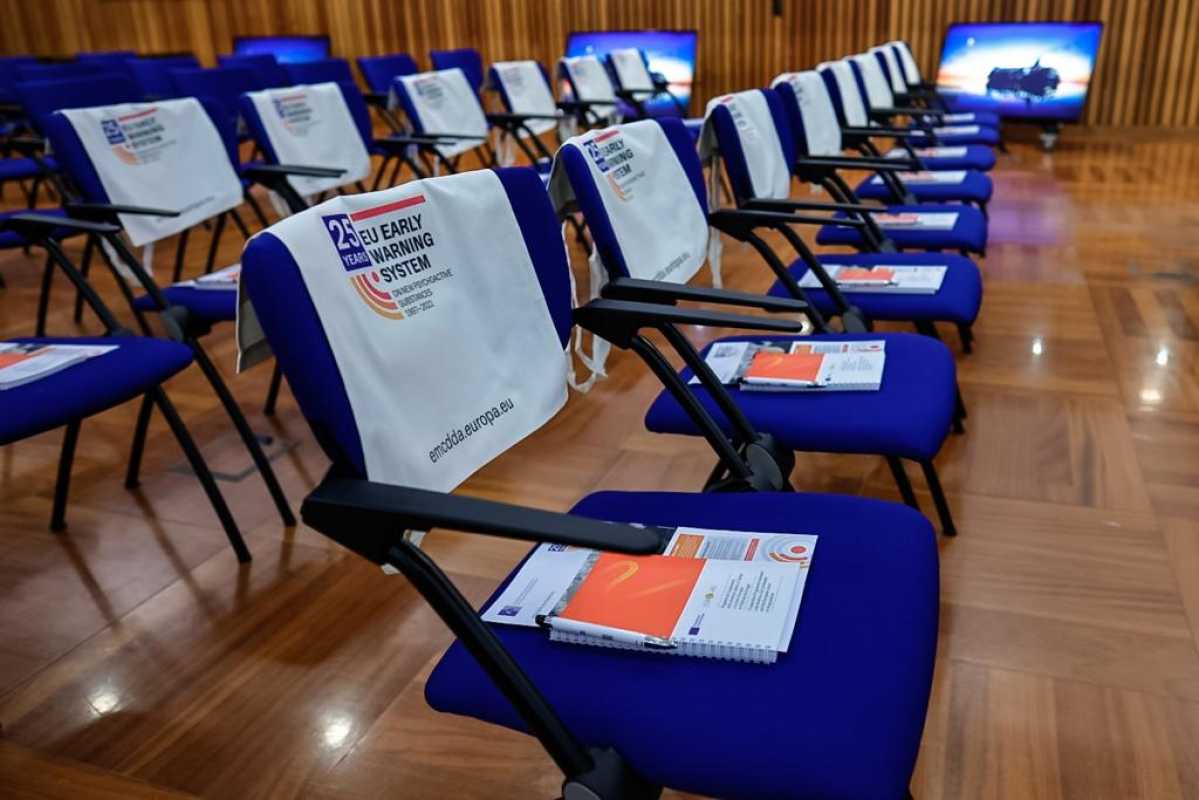Health
EU Drugs Winter School Focuses on Gender-Sensitive Approaches to Drug Issues

Today marks the conclusion of the European Drugs Winter School, a platform that delved into the theme of ‘Gender-sensitive approaches to drug-related issues’. During this educational event, various sessions were dedicated to addressing the unique challenges faced by women in the realm of drug-related problems.
Statistics reveal that women account for approximately a quarter of individuals grappling with severe drug issues in Europe, with one-fifth seeking drug treatment. Despite these figures, there remains a crucial gap in providing tailored interventions that cater to the specific needs of women, as many drug services continue to be more male-centric in approach.
An EMCDDA miniguide emphasizes the urgent need to expand gender-sensitive services across Europe, stressing the importance of adopting a gender-responsive approach that benefits all gender-diverse individuals.
Last year, under the Swedish Presidency of the EU, gender equality was a key focus area in drug policy discussions. The Presidency issued several recommendations aimed at enhancing gender equality, including integrating a gender perspective throughout drug policy development and data evaluation processes.
Within the realm of drug addiction, information primarily addresses women, often in relation to motherhood and gender variations between men and women. However, there is a significant dearth of data regarding drug use behaviors in non-binary and LGBTQIA+ populations, underscoring the necessity for further research in this field.
Linda Montanari, the Coordinator of the EMCDDA gender group and a principal scientist at the Public Health unit, stresses the importance of addressing gender-specific challenges faced by individuals with drug dependencies. Montanari highlights the need for tailored health and social responses that incorporate the specific needs of women, LGBTQIA+ individuals, and the role of gender among men with drug use disorders.












